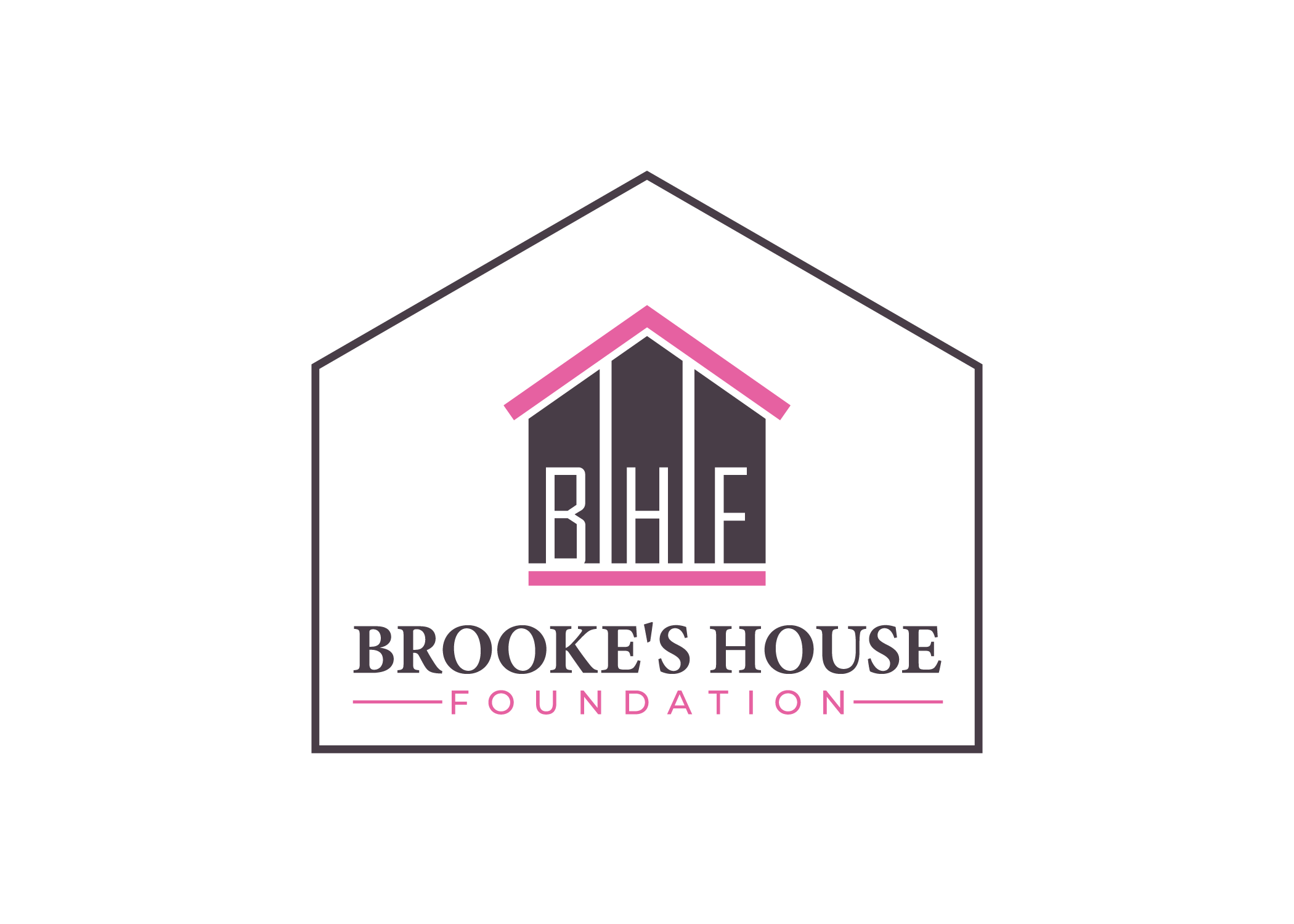
Sober living communities serve as beacons of hope and recovery for individuals seeking to overcome addiction. These supportive environments offer unique advantages that benefit both men and women on their path to sobriety.
This article will explore the multifaceted advantages of sober living communities, from providing a nurturing atmosphere to developing essential life skills, rebuilding relationships, and fostering empowerment. These communities play a vital role in helping individuals regain control of their lives, instilling structure and accountability, and ultimately paving the way for a brighter, addiction-free future.
Advantages of Sober Living Communities for Men and Women
1. A Supportive Environment for Recovery

Sober living communities have emerged as vital resources in the journey towards addiction recovery, providing individuals with a supportive and structured environment to rebuild their lives.
For both men and women grappling with substance abuse issues, these communities offer a haven where they can focus on their sobriety. One of the primary advantages of sober living communities is the strong sense of camaraderie and understanding among residents.
Here, men and women share similar struggles and can provide each other with invaluable emotional support. This sense of belonging fosters a sense of accountability, encouraging residents to stay committed to their sobriety goals.
Moreover, many sober living communities enforce strict rules and regulations, which include mandatory drug testing and curfews. These guidelines help individuals establish a routine and structure in their lives, which are often missing during addiction.
With a stable and supportive environment, residents are better equipped to rebuild their lives, regain their independence, and develop the essential life skills to maintain long-term sobriety. In this way, these communities empower men and women to take control of their destinies and break free from the cycle of addiction.
2. Learning Essential Life Skills

Another significant advantage of sober living communities is the opportunity for residents to acquire and refine essential life skills. Many individuals who struggle with addiction find themselves in a position where they have neglected these skills, making it challenging to reintegrate into society successfully.
Sober living homes bridge this gap by offering workshops, counseling, and educational programs to help men and women develop practical skills. These skills may include budgeting, time management, job hunting, and conflict resolution.
For recovering women, especially those who have experienced domestic violence or other traumas related to their addiction, sober living communities often provide specialized support and therapy options.
These communities understand that women may have unique needs and challenges and tailor their programs accordingly. By equipping residents with these life skills, sober living communities enhance their chances of achieving long-term sobriety and maintaining healthy, fulfilling lives after recovery.
3. A Foundation for Relapse Prevention
Relapse is a common challenge in addiction recovery, and it often occurs when individuals return to environments that trigger their substance abuse tendencies. Sober living communities mitigate this risk by providing a structured and sober environment that minimizes exposure to triggers.
Residents are encouraged to establish routines, attend regular support group meetings, and work with counselors to develop effective relapse prevention strategies.
For men and women alike, the structure of a sober living community helps them stay focused on their recovery goals.
Additionally, many communities offer access to resources such as 12-step programs, therapy, and vocational training, further strengthening residents’ ability to resist the urge to relapse. By fostering a holistic approach to recovery, these communities empower individuals with the tools and knowledge needed to overcome the challenges that arise during the recovery journey.
4. Reintegration and Rebuilding Relationships
Addiction often strains relationships with friends and family, and regaining trust and rebuilding connections can be complex. Sober living communities offer a bridge to this aspect of recovery. They encourage residents to work on restoring healthy relationships by offering counseling services and family support programs. Both men and women benefit from these resources, as they provide a platform for open communication and healing.
For women, in particular, who may have experienced unique addiction-related challenges, such as maternal responsibilities or caregiving roles, sober living communities often provide specialized assistance. These communities understand the importance of family dynamics and strive to create an environment where women can recover and learn how to become better parents and partners.
5. A Path to Financial Stability
Addiction can often lead to financial instability, making it difficult for individuals to regain control of their lives. Sober living communities address this challenge by promoting financial responsibility and independence.
Through workshops and guidance, residents learn how to manage their finances, create budgets, and plan for the future. This financial education is crucial for both men and women, as it empowers them to make informed decisions and work toward long-term financial stability.
Furthermore, sober living communities often assist residents in finding employment or vocational training opportunities, which can be especially valuable for men and women seeking to rebuild their lives after addiction. Gaining financial independence not only enhances their self-esteem but also reduces the stressors that may contribute to relapse.
6. Accountability and Structure
One of the most critical aspects of sober living communities is the emphasis on accountability and structure. These communities provide a structured daily routine for both men and women in recovery, including regular group meetings, therapy sessions, and curfews.
This structured environment helps individuals establish healthy habits and routines crucial for long-term sobriety. It reduces the temptation to fall back into old habits by creating a supportive atmosphere where residents hold each other accountable.
Structured living environments also help individuals develop discipline and responsibility, two essential qualities often eroded by addiction.
This structure provides both genders with a sense of purpose and stability that can be transformative in recovery. Residents learn to prioritize their well-being and make healthier choices, gradually transitioning from a chaotic life driven by addiction to one marked by order and stability.
Conclusion
Sober living communities offer a structured, accountable environment that empowers both men and women in their recovery journey. They provide peer support and opportunities for personal growth and leadership. These communities are not only a place for individuals to overcome addiction but also to rediscover their sense of self-worth, build meaningful relationships, and achieve lasting sobriety.
